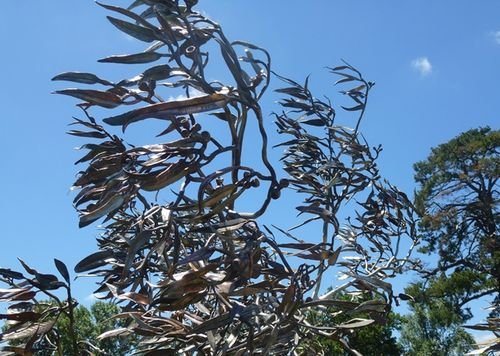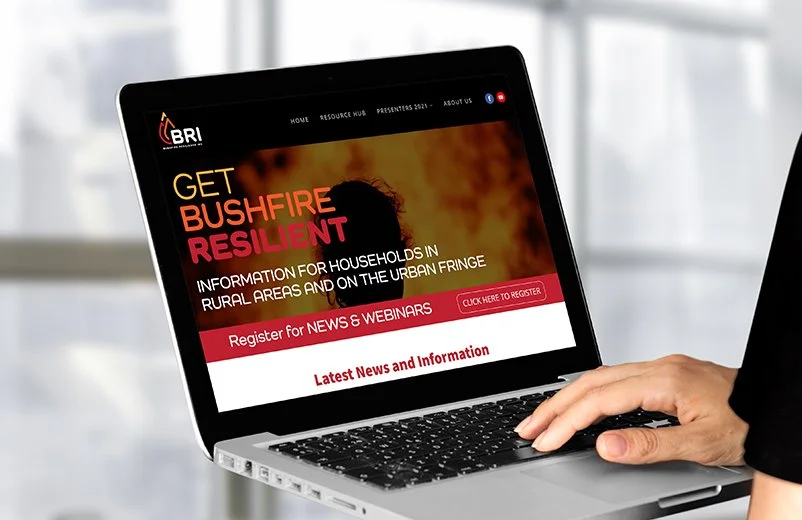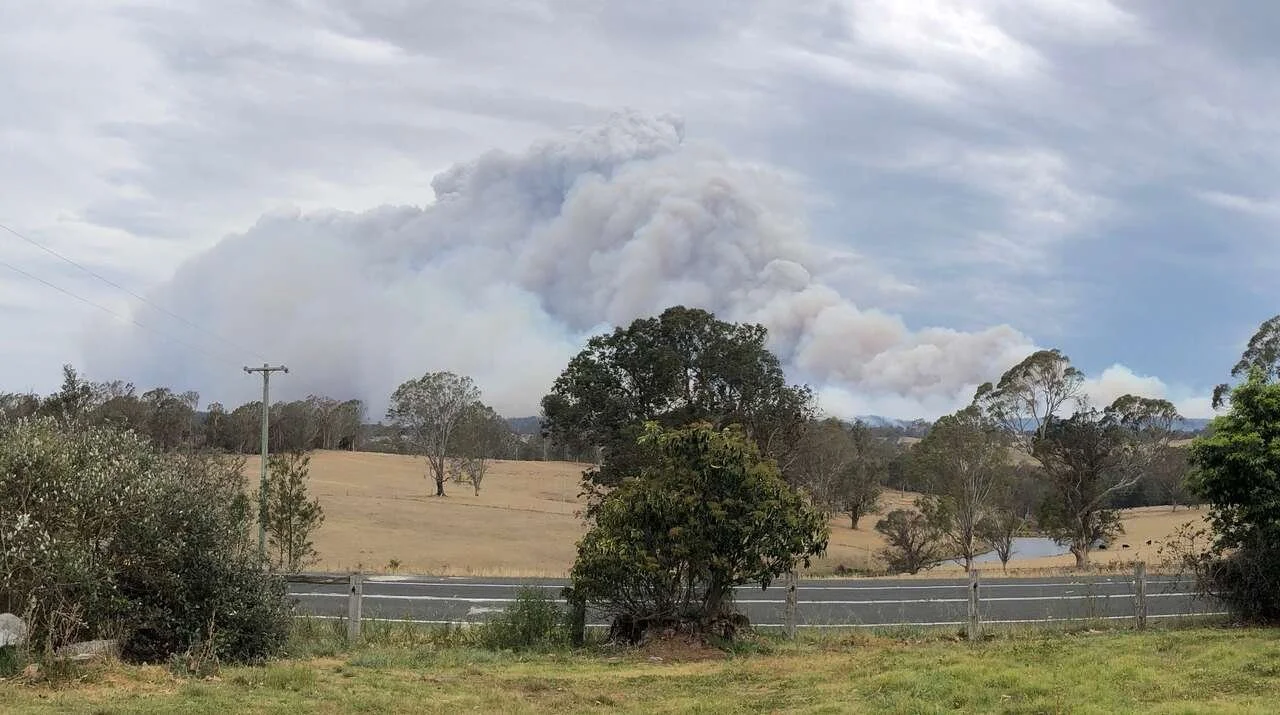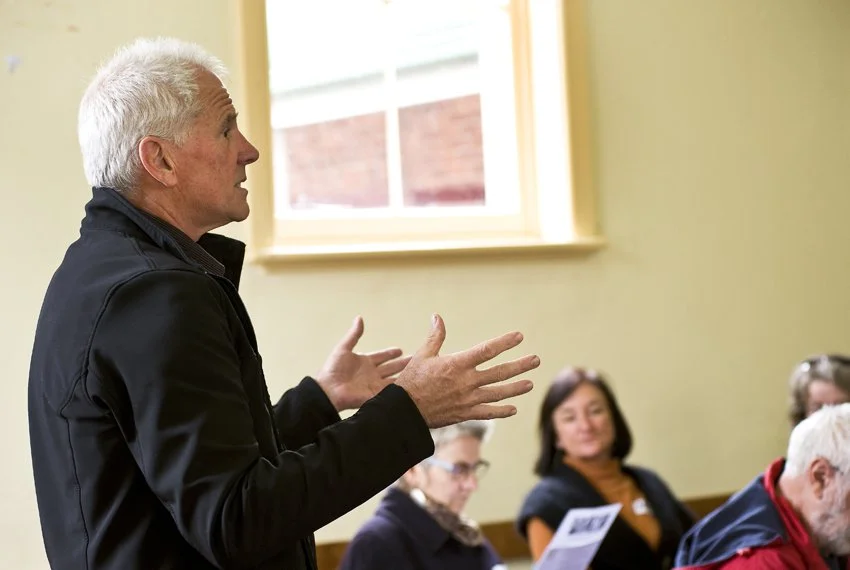
“No one is a recovery expert” – my learnings from working in disaster recovery over the last decade.
I grew up in Pakenham Upper, and my first taste of Disaster was the Ash Wednesday fires. Our property overlooked Upper Beaconsfield, and I remember Dad was out with the SES helping with the fires, and here I was, as a 14-year-old, on the roof with a fire hose. The experience of the fires burning around our house was incredible, but what I remember more was how it impacted the lives of some of my classmates. Some from Upper Beaconsfield and Cockatoo lost their homes, and I remember it changed them. Being a teenager at the time, I didn’t understand why, but the impact this major disaster had on a community and individuals always stuck with me.

Reflections on Community from a Port Douglas Local One Week After Cyclone Jaspar Monsoon Flooding
Hi, I’m Eddie, a long-time Port Douglas local. Port Douglas is just one town in the larger Douglas Shire Council, encompassing nearby towns such as Mossman, Wonga Beach, Daintree, and Cape Tribulation. Cyclone Jasper marks my first experience with a natural disaster and my first time deeply embedded in a local community during disaster recovery. Category 2 Cyclone Jaspar was one thing, but the unexpected torrential rain following a few days later shocked many of us long-term locals. It was something we had never witnessed before.

Recognising the strengths, needs and priorities of children in disasters
Experiencing extreme weather events and disasters such as bushfires and floods following drought is becoming more common in Australia (Seneviratne et al., 2021). For infants, children and families, many may show some signs of distress but most will recover with safety, care, and reassurance. However, it’s important to know when people, and in particular infants and children may need some extra support.

Rekindling the Spirit: Building Resilience Through Recovery
When floods hit, they leave more than just physical damage in their wake. For Rekindling the Spirit, an organisation deeply rooted in its community, the challenge was not just about rebuilding structures but also managing a sudden increase in demand for their services.

Arthur’s Creek/Strathewen Emergency Scenario event
I joined the Arthur’s Creek/Strathewen Emergency Scenario event in early November with my family. We had previously attended a briefing a few weeks prior, led by an independent facilitator, but co-created through a process with varying community members, emergency service agencies and the local council. At the briefing, we were advised that participants would receive a text message on the 15th of November with further directions.

How we wanted to support people following a fire
In November 2019, New South Wales and Queensland were on fire. North Warrandyte resident Max was listening to a media broadcast and learned that 30% of the affected people had no insurance and 30% were underinsured. He was so shocked about this information that he contacted me, in my capacity as Chair of the Board of a Bendigo Bank Community Bank to get some financial support. His idea was to organise a workshop for the locals at a country hall to talk about insurance, bring in some experts and educate our community.

“Here we go again…”
A puff of smoke, a plume of smoke, a towering inferno of smoke.
Here we go again – this is going to be another full fire emergency.
If you’ve seen the news in Australia over the past few days, you couldn’t miss the images of the Coolagolite Fire emergency on the Far South Coast NSW. Coolagolite is a small locality sandwiched between the village of Cobargo and the coastal town of Bermagui. This is the same area in the Bega Valley that was devastated on New Year’s Eve, 2019, by the Badja Forest Rd Fire.

Uniting Communities for Resilience: Introducing the DisasterWISE Communities Network
In a world of escalating climate events, the power of community support and shared knowledge is immeasurable. Imagine a network that brings together diverse voices, lived experiences and fosters collaboration to build resilience like never before. It’s with great pride that we announced the launch of the DisasterWISE Communities Network at the recent ADRC Conference in Brisbane. DisasterWISE goes beyond traditional approaches to disaster preparedness and response. In this blog, we will delve into the essence of the DisasterWISE Communities Network, its mission, and how it is transforming the way we approach disasters.

How can communities help one another prepare for the upcoming bushfire season?
Australian communities take great pride in how they help one another during emergencies, and rightly so. Over the last few years during bushfires, floods and pandemics, there have been great examples of people helping one another in moments of need.

Is resilience the problem to be solved? Or is it cultivated dependence?
Resilience has been the buzz word in the disaster management business for the past decade. It has been the subject of heaps of research and needs to be in the title if you want your grant application or project to be successful. But is resilience the real problem to be solved in addressing our response to disasters?
